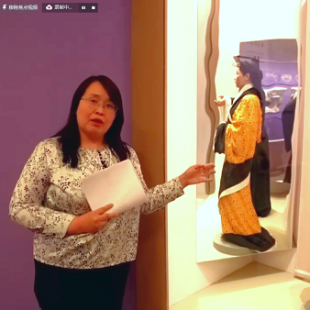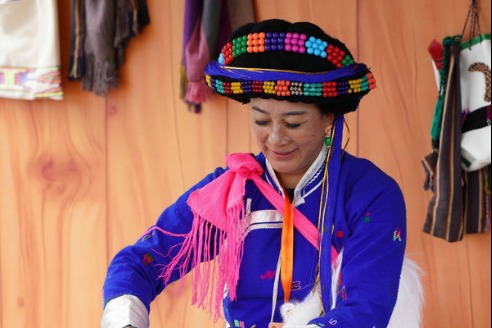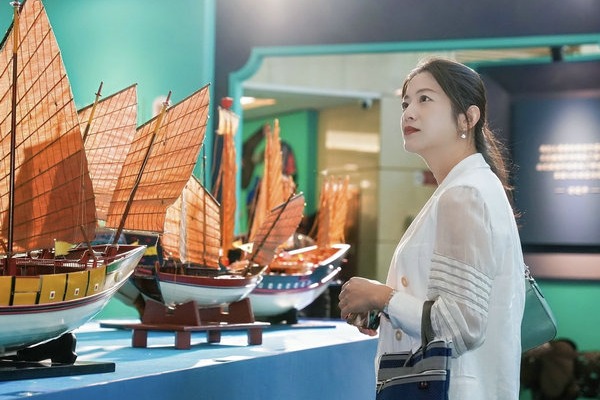Workshop enhances translation skills to add context

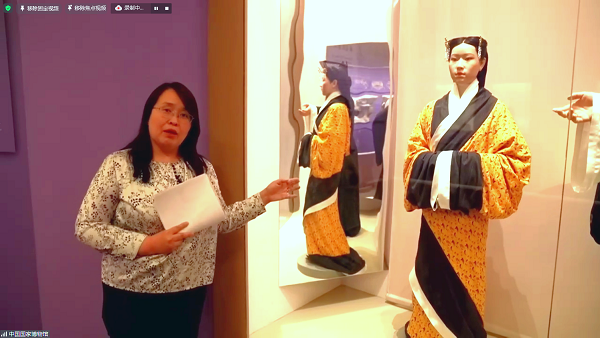
Young Sinologists from 40 countries and regions have been attending an online workshop to enhance cultural heritage-related translation skills. The workshop commenced on April 17 and ends on Friday.
Co-organized by the Center for Language Education and Cooperation under the Ministry of Education, the Beijing Language and Culture University and the National Museum of China in Beijing, the workshop featured lectures on Chinese culture and its translation, as well as hands-on sessions on translating museum narrations.
The events covered seven languages, namely, English, French, Russian, Arabic, Italian, Japanese and Persian.

The learning materials were based on cultural relics — bronze ware, porcelain, paintings and calligraphy works, as well as clothing and food-related items — housed at the National Museum of China, and the exhibitions on which they were displayed.
During the workshop, the attendees were able to discuss tactics and specific problems facing the translation of cultural and museological terms with cultural experts, curators and well-known translators.
Giovanni Ruscica, from Italy, says that it's the second time he has joined a themed workshop of this kind. Not only, he adds, has he acquired knowledge about ancient China, but also learned strategies to translate Chinese expressions.
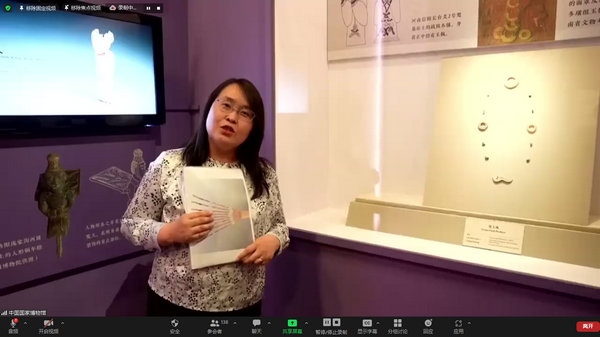
Wang Fang, a researcher at the National Museum of China, interpreted a tour via livestreaming to the museum's ancient Chinese costume and adornment exhibition on May 8. She says that she hopes the cultural relics, bearing the weight of historical and cultural connotations, can serve as a key for the young scholars to know about Chinese history and promote cultural exchanges between civilizations.
More than 110 participants completed the training this year.
Previously, the Center for Language Education and Cooperation and the Beijing Language and Culture University have also worked with multiple partner organizations and held translation workshops of this kind on Chinese culture, films and televisions.
In the future, participants of the workshops will be potentially invited to join related translation programs launched by the organizers for practice and producing their own works.


